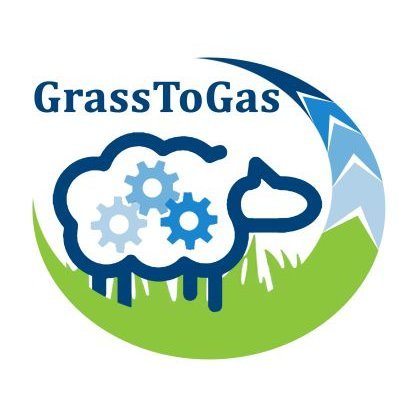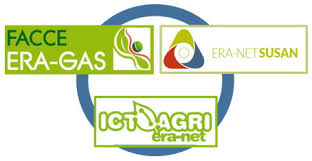The Grass to Gas project of which Teagasc and Sheep Ireland are involved, is an international research initiative to find new ways of feeding and breeding sheep to reduce their impact on the environment, by reducing greenhouse gas emissions.
Improving sustainability of sheep production systems is a global issue that requires a trans-national and trans-disciplinary approach. Led by researchers from Scotland’s Rural College (SRUC), the Grass to Gas project combines international scientific and industry expertise of diverse countries including INRA (France), National Agriculture Research Institute (INIA, Uruguay), Norwegian University of Life Sciences (NMBU, Norway), Teagasc and Sheep Ireland (Ireland), AgResearch (New Zealand), International Center for Livestock Research and Training (Turkey), and The Texel Sheep Society (United Kingdom).
The project focuses on two key factors affecting the environmental impact of sheep: feed efficiency – the amount of feed required to produce one unit of meat or milk, and methane emissions.
The partners will use state-of-the-art sensor technologies, recording equipment and novel protocols to measure these traits at an individual sheep level. The goal is to develop new breeding solutions for the industry by finding ways to identify animals with lower environmental impact, which can be selected as part of genetic improvement programmes.
The first phase of the three-year project, which runs until September 2022, will test different technologies and equipment, such as sensors, imaging techniques, electronic feeders and faecal markers, for their ability to accurately predict feed intake and methane emissions from sheep.
Using promising technologies identified in the first phase, experimental work will then investigate the relationships between feed efficiency and methane emissions from sheep housed and at pasture.
Genetic control of methane emissions and feed efficiency will also be investigated in the project, by assessing the differences due to breed, sire, genetic line or breeding values.
The data will be analysed to quantify the economic and environmental benefits of improvements in feed efficiency and reduced greenhouse gas emissions. Mitigation strategies will be discussed not only in academic events but also with stakeholders in each country.
To keep up to date with the Grass to Gas project, follow it on twitter here.


